The plot of this movie is not essential. The story of humans trying to break free from virtual world control is a common theme in science fiction novels. In terms of depth and speculation, watching The Matrix is enough.
The theme of this movie is not essential either. The line used to highlight the theme, "reality is real" seems more like a slogan. After all, the audience can see that the virtual world in the movie is fantastic, while the real world is a mess. The Easter eggs that drive anime fans crazy are essential, but not the most essential. They are all just bonus points.
The most important thing about this movie is director Steven Spielberg's sincere, understanding, and appreciative attitude.
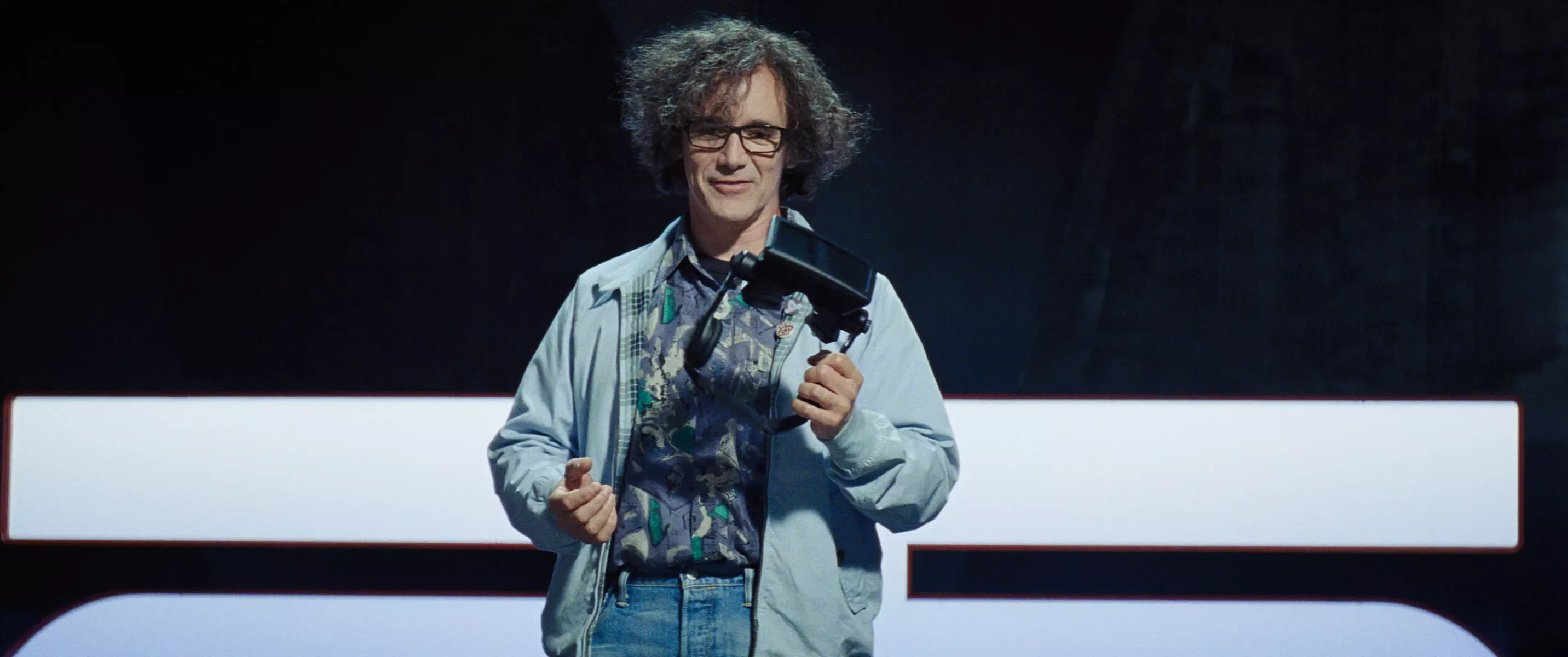
After watching the movie, there are basically two types of reactions among audiences:
Those who are already fans of anime and manga feel satisfied and delighted. They can identify all the Easter eggs in the movie and explain them to their friends like sci-fi fans did after watching Interstellar. They feel like they're finally understood.
Non-anime fans, on the other hand, generally feel amazed and say things like, "Wow, games are really fun! I want to play games too!"
As for me, besides being moved by the Easter eggs, I'm more focused on the fact that: Finally, a filmmaker has accurately captured the right way to combine games and movies! Finally, someone understands us! And it's not from a young otaku director, but from a nearly 72-year-old gentleman.
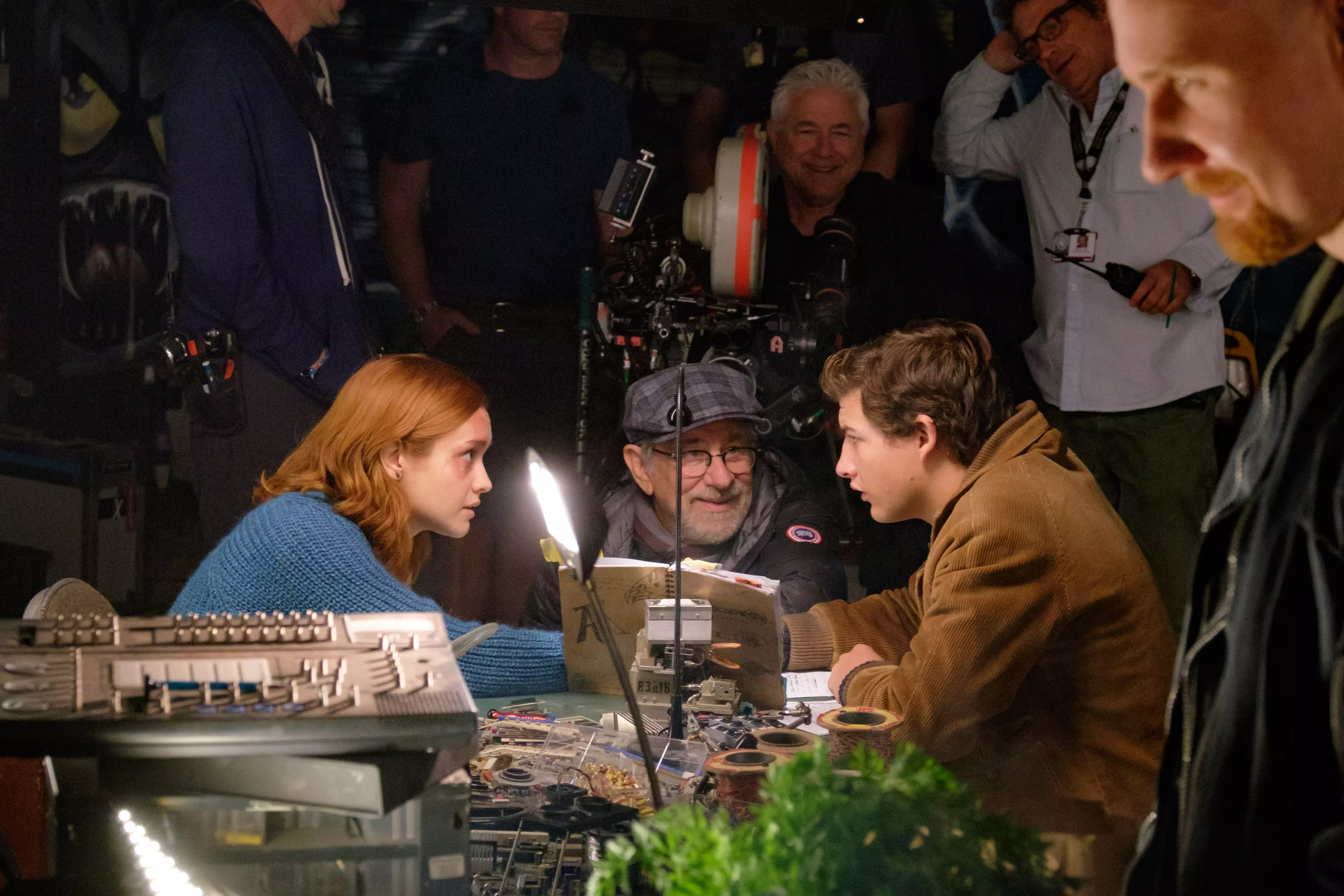
I've tried to explain to non-gaming fans that today's great games are very different from what they used to be. During the Nintendo Entertainment System era, games provided a simplified world that required quick reflexes and simple operations. Many mobile games today still follow this formula.
During the Sega Genesis and Super Nintendo era, many games attempted to provide a realistic experience. In the PlayStation and PlayStation 2 era, developers began to construct complete worlds. From GTA to Red Dead Redemption, Uncharted, and The Witcher 3, they all aimed to sell immersive experiences.
Great games now offer everything from graphics to storytelling, similar to what great movies have. Ultimately, both great games and movies aim to create dreams.
However, games are still considered a subculture, and successful movie adaptations of games are rare. This is because most good games are made with the formula of a movie, and movie directors just follow the original script. But Ready Player One is different.
The plot and theme of this movie are not important. Easter eggs are just a way to express sincerity. The magnificent and ever-changing virtual world is everything.
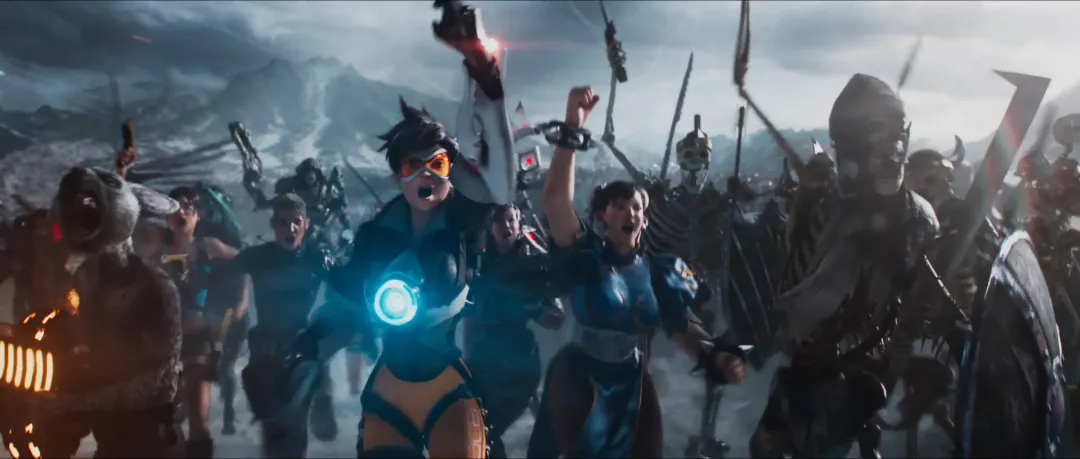
At almost 72, Spielberg has devoted his life to making movies. He is profound and has a humanistic care, like Schindler’s List. But his greatest pleasure has always been to find a subject to showcase an illusory spectacle, such as Jaws, E.T., Indiana Jones, Jurassic Park, Tintin, and the Transformers series he produced. He is a persistent dream maker. The Uncharted game series pays tribute to him in countless details.
It can be imagined that upon receiving the script for Ready Player One, his greatest pleasure should be: finally, there is a story that can freely showcase pictures and dreams-after all, in the future virtual world, no exaggeration is too much.
That's why the movie includes scenes like The Shining. If told according to the main storyline, that section could be shortened but was kept for its visual impact.
Although the film reminds us of the importance of reality, Spielberg's brilliant portrayal of the virtual world is actually a tribute and blessing from a master of film to the art of gaming, just as a painter pays homage to the art of photography. A 72-year-old grandfather, using his life's investment in art, says another art category: The future belongs to you.
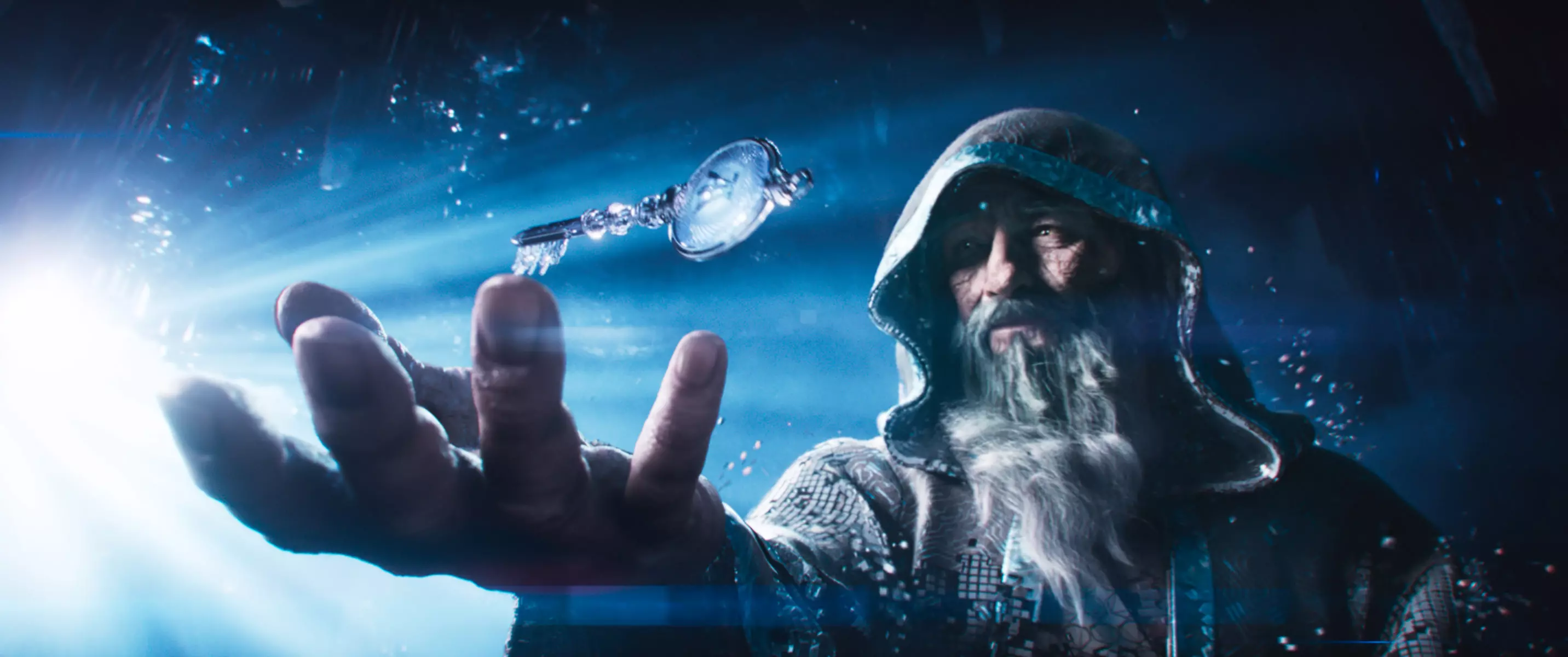
At the end of the movie, game designer Halliday said, "Thank you for playing my game," and then left. At that moment, I almost cried. Spielberg could also say this line: "Thank you for watching my movie." The similarity between him and Halliday is that they are both sincere dream-makers.
What Spielberg wants to express with this work should be: "Thank you for playing my game - thank you for experiencing the dreams I created." This line carries a clear tenderness, a broad-minded and sincere blessing to the audience and the future of dream-making art.
It's akin to an elderly man crouching down, sincerely accompanying his grandson to play a game, and genuinely saying, "Games are really fun!"
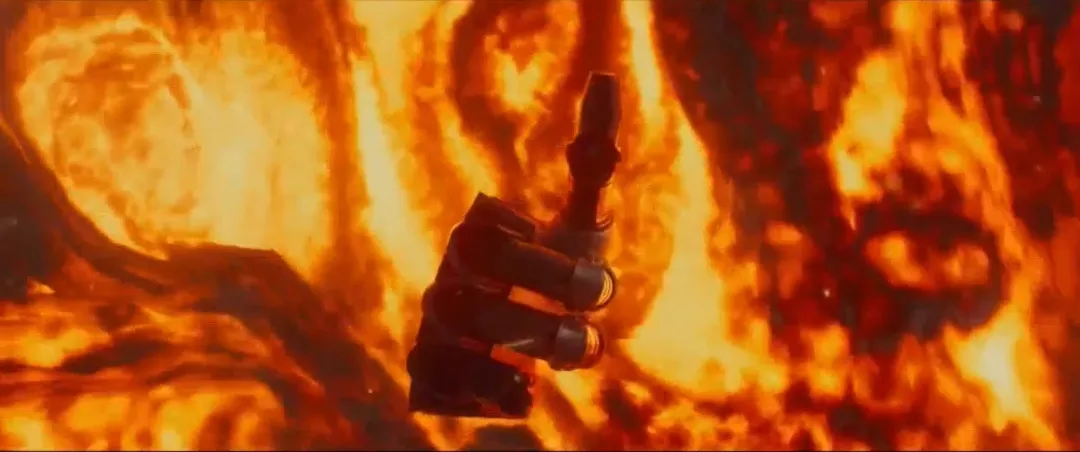



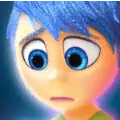




Share your thoughts!
Be the first to start the conversation.